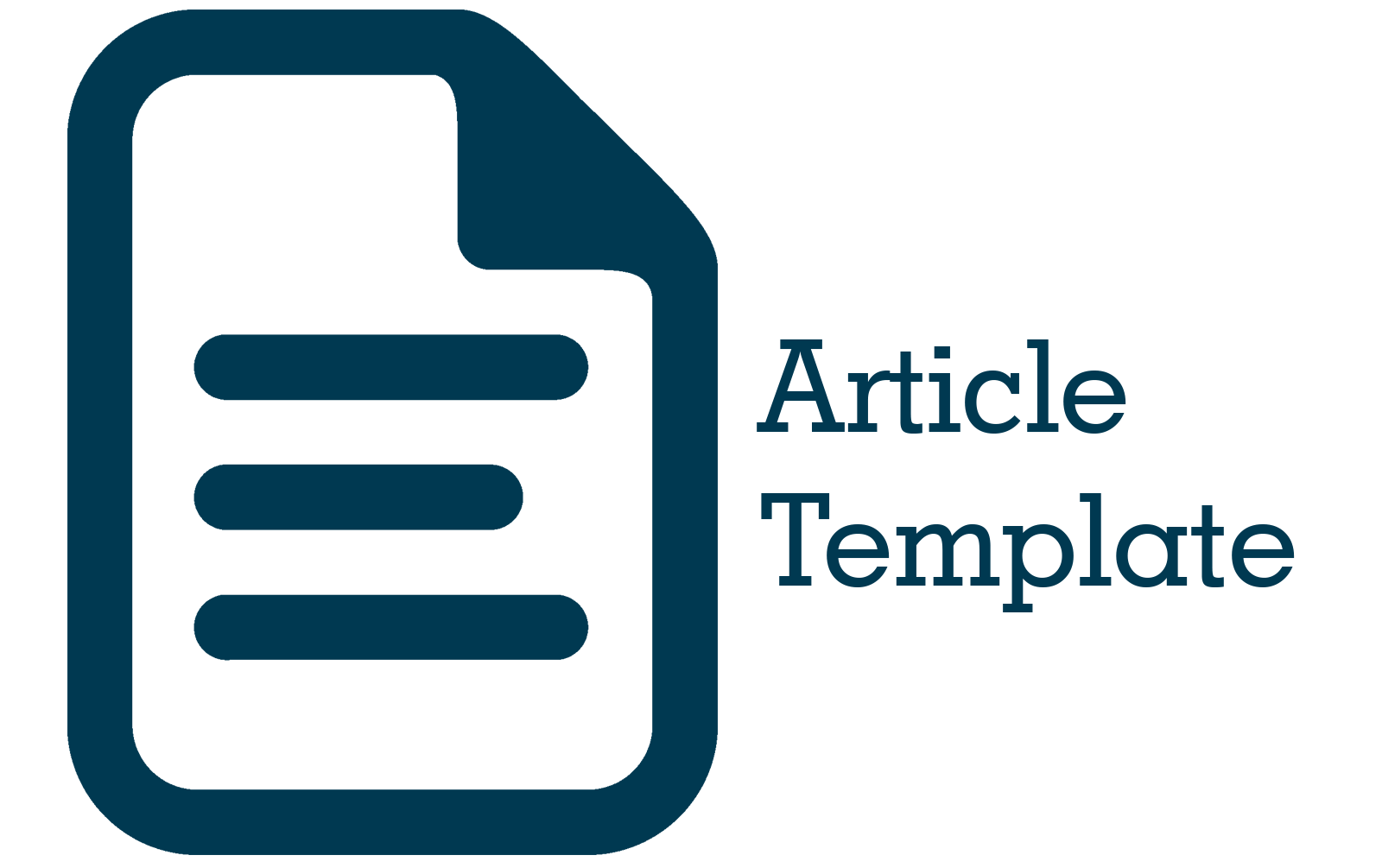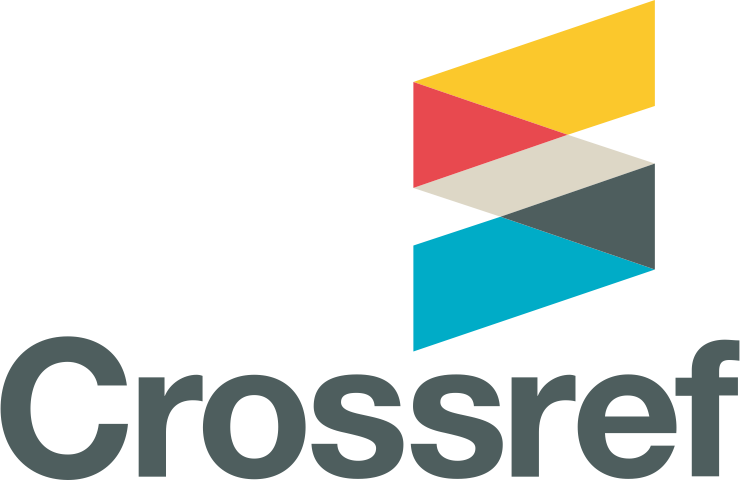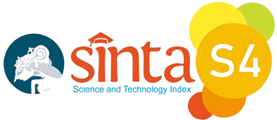Prototype Diabet Care Berbasis Mobile Menggunakan Metode Design Thinking
DOI:
https://doi.org/10.33633/tc.v22i4.9272Keywords:
Diabetes Mellitus, Design Thinking, Prototype, System Usability Scale.Abstract
Indonesia merupakan negara dengan peringkat 5 dengan penderita diabetes mellitus terbanyak di dunia. Dengan tingginya angka penderita diabetes di Indonesia maka munculah permasalahan yang dirasakan oleh penderita diabetes salah satunya adalah kesulitan dalam mendapatkan informasi mengenai diabetes mellitus, tidak menerapkan pola gaya hidup sehat, kesulitan dalam mengontrol kadar gula darah, dan terbatasnya variasi makanan yang dapat dikonsumsi oleh penderita diabetes mellitus. Penelitian ini memiliki tujuan untuk membantu penderita diabetes dalam mendapatkan informasi seputar diabetes mellitus dan cara menerapkan pola hidup sehat yang dapat mengontrol kadar gula darah dengan konsultasi medis dan juga menyediakan makanan yang aman dikonsumsi oleh penderita diabetes mellitus. Penelitian ini menggunakan metode penelitian design thinking. Hasil dari penelitian ini adalah rancangan prototype aplikasi Diabet Care yang memiliki fitur-fitur yang telah disesuaikan dengan kebutuhan penderita diabetes mellitus agar dapat menerapkan pola gaya hidup sehat dengan konsultasi medis yang diberikan oleh dokter dan para ahli diabetes mellitus serta menjaga kondisi gula darahnya agar tetap stabil dengan membantu menyediakan makanan yang sehat.References
American Diabetes Association, "Standards of Medical Care in Diabetes," 2016.
P. LeMone, G. Bauldoff and K. M. Burke, Buku Ajar Keperawatan Medikal Bedah Vol. 2: Gangguan Integumen, Gangguan Endokrin, dan Gangguan Gastrointestinal, Jakarta: EGC, 2015.
J. M. Black and J. H. Hawks, Medical Surgical Nursing Clinical Management for Positive Outcomes, Singapura: Elsevier Saunders, 2014.
D. Anugroho, Buku Ajar Diabetes Mellitus, Edisi III, Yogyakarta: Elsevier, 2018.
International Diabetes Federation, "IDF Diabetes Atlas 10th Edition," 2021.
Riset Kesehatan Dasar, "InfoDATIN Pusat Data dan Informasi Kementrian Kesehatan RI," 2018.
W. Winaningsih, S. Setyowati and N. T. Lestari, "Aplikasi Nutri Diabetic Care Sebagai Media Konseling Untuk Meningkatkan Kepatuhan Diet Diabetes Mellitus," Ilmu Gizi Indonesia, vol. 3, no. 2, pp. 103-112, 2020.
M. Syani and N. Werstantia, "Perancangan Aplikasi Pemesanan Catering Berbasis Mobile Android," Jurnal Ilmiah Ilmu dan Teknologi Rekayasa, vol. 1, no. 2, 2019.
R. Andrian, Pengantar Technopreneurship, Purwakarta: CV Phika Media, 2021.
R. Andrian, A. Yasin, M. R. I. Hanan, M. I. Ramadhan, T. Ridwan and R. Hikmawan, "Development of a Digital Platform Prototype, to Facilitate Inclusive Learning for Children with Special Needs," JOIN (Jurnal Online Informatika), vol. 7, pp. 161-167, 2022.
A. Washington, S. Soumahoro and A. S. Arora, "Ideate-Generate: Design Thinking and User Experience (UX) for Sustainable Impact on Global Product Development of Wearable Technologies in the Healthcare Industry," Sustainable Innovation, pp. 15-24, 2020.
D. B. Chin, K. P. Blair, R. C. Wolf, L. D. Conlin, M. Cutumisu, J. Pfaffman and D. L. Schwartz, "Educating and Measuring Choice: A Test of the Transfer of Design Thinking in Problem Solving and Learning," Journal of the Learning Science, pp. 337-380, 2019.
Sugiono, Metode Penelitian Bisnis: Pendekatan Kuantitatif, Kualitatif, Kombinasi, dan R&D, Bandung: Penerbit CV.Alfabeta, 2017.
Suliyanto, Metode Riset Bisnis Edisi Kedua, Yogyakarta: Andi Utama B., 2009.
B. J., SUS: A 'Quick and Dirty' Usability Scale, CRC Press, 1996.
A. Bangor, P. T. Kortum and J. T. Miller, "An Empirical Evaluation of the System Usability Scale," International Journal of Human–Computer Interaction, pp. 574-594, 2008.
Downloads
Published
Issue
Section
License
License Terms
All articles published in Techno.COM Journal are licensed under the Creative Commons Attribution-NonCommercial 4.0 International (CC BY-NC 4.0). This means:
1. Attribution
Readers and users are free to:
-
Share – Copy and redistribute the material in any medium or format.
-
Adapt – Remix, transform, and build upon the material.
As long as proper credit is given to the original work by citing the author(s) and the journal.
2. Non-Commercial Use
-
The material cannot be used for commercial purposes.
-
Commercial use includes selling the content, using it in commercial advertising, or integrating it into products/services for profit.
3. Rights of Authors
-
Authors retain copyright and grant Techno.COM Journal the right to publish the article.
-
Authors can distribute their work (e.g., in institutional repositories or personal websites) with proper acknowledgment of the journal.
4. No Additional Restrictions
-
The journal cannot apply legal terms or technological measures that restrict others from using the material in ways allowed by the license.
5. Disclaimer
-
The journal is not responsible for how the published content is used by third parties.
-
The opinions expressed in the articles are solely those of the authors.
For more details, visit the Creative Commons License Page:
? https://creativecommons.org/licenses/by-nc/4.0/
















